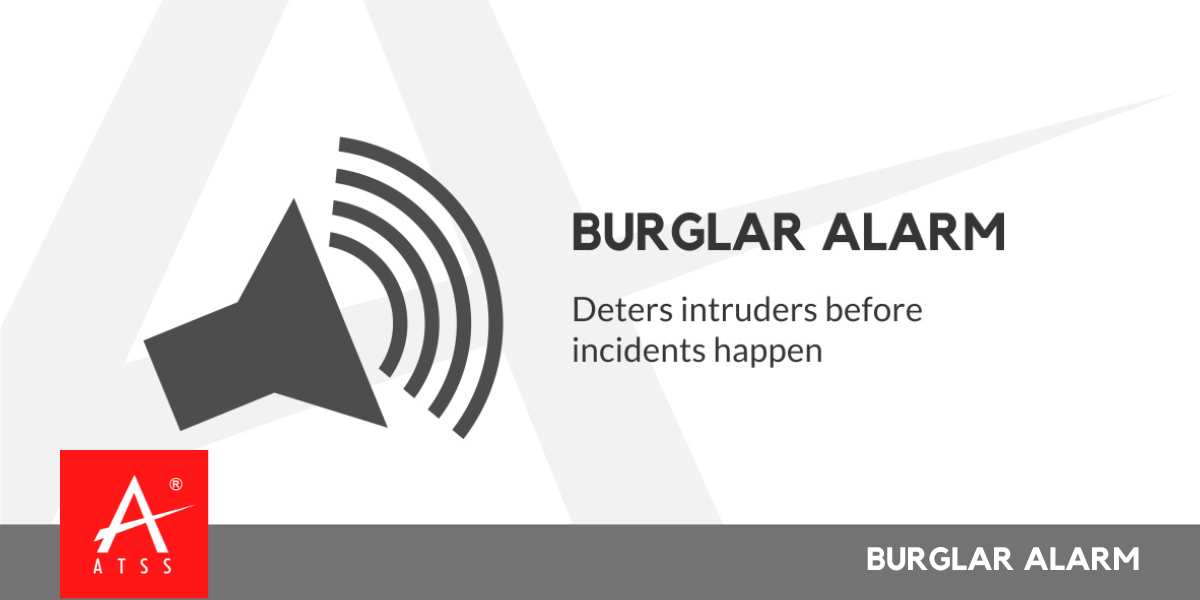
Alarm Burglar
Feeling Unsafe? Why You Need a Burglar Alarm to Secure Your Home
Have you ever worried about your home being broken into? Who doesn’t? Feeling secure in your own castle is paramount. This is where a burglar alarm comes in.
What is a Burglar Alarm and Why Should You Invest in One?
What is a burglar alarm? It’s an electronic security system designed to deter intruders and alert you (and potentially the authorities) of a potential break-in.
Why consider a burglar alarm? The thought of a stranger invading your home is unsettling. A burglar alarm system can significantly reduce your risk of becoming a victim.
When is the Right Time to Get a Burglar Alarm?
When is the right time to get a burglar alarm? Now! Procrastination can be costly. Even if you live in a safe neighborhood, it’s better to be proactive than reactive.
How Do Burglar Alarms Work: Unveiling the Protectors
How do burglar alarms work? Let’s delve into the inner workings of these security sentinels.
The Essential Trio: Control Panel, Sensors, and Alarms
Most burglar alarms consist of three main parts:
- Control Panel: The brain of the operation, it receives signals from sensors and triggers the alarm if unauthorized entry is detected.
- Sensors: These are the eyes and ears of the system, strategically placed around your property to detect suspicious activity. Common sensors include:
- Door and Window Contact Sensors: These simple yet effective devices trigger the alarm when a door or window is opened.
- Motion Detectors: Using passive infrared (PIR) technology, these sensors detect changes in heat signatures, indicating someone’s presence.
- Glass Break Sensors: These can detect the specific frequencies produced by breaking glass.
- Alarm: The deterrent! A loud siren or flashing lights (or both) to scare off intruders and alert neighbors.
Beyond the Basics: Exploring Different Types of Burglar Alarm Systems
There’s a burglar alarm system for every need and budget. Here’s a breakdown of the most common types:
Monitored vs. Unmonitored: Choosing Your Alert System
- Monitored vs. Unmonitored: Monitored systems connect to a security company’s central monitoring station. Upon alarm activation, the monitoring station dispatches the police or other emergency services depending on the situation. Unmonitored systems rely solely on the local siren to deter intruders.
Wired vs. Wireless: Finding the Right Connection
- Wired vs. Wireless: Wired systems offer a more stable connection, but installation can be complex and disruptive. Wireless systems are easier to install but may be susceptible to signal interference.
DIY vs. Professionally Installed: Balancing Convenience and Expertise
- DIY vs. Professionally Installed: DIY systems are cost-effective but require technical knowledge for setup. Professionally installed systems offer expert guidance and ensure proper functionality.
How to Choose the Right Burglar Alarm System for You: Tailoring Security to Your Needs
With so many options, choosing the right home security alarm can feel overwhelming. Here are some factors to consider:
- Size and Layout of Your Property: A larger home will likely require more sensors.
- Your Budget: Monitored systems and professional installation cost more upfront but offer greater peace of mind.
- Your DIY Skills: Consider your comfort level with technical installations.
- Local Security Regulations: Some areas have regulations regarding alarm permits and audible siren limitations.
Where to Find the Best Burglar Alarm System: Exploring Your Options
Where do you find the perfect security alarm system for your needs?
- Security Companies: Many companies offer various monitored and installed systems.
- Online Retailers: Several online retailers sell DIY security alarm kits.
- Home Security Review Websites: Independent review sites offer unbiased comparisons of various systems.
Getting Your Burglar Alarm Installed: A Smooth Transition to Security
If you opt for a professionally installed system, the installation process is generally straightforward. A security technician will visit your home, assess your needs, and recommend a suitable system. They will then handle the installation, ensuring all components are functioning correctly.

